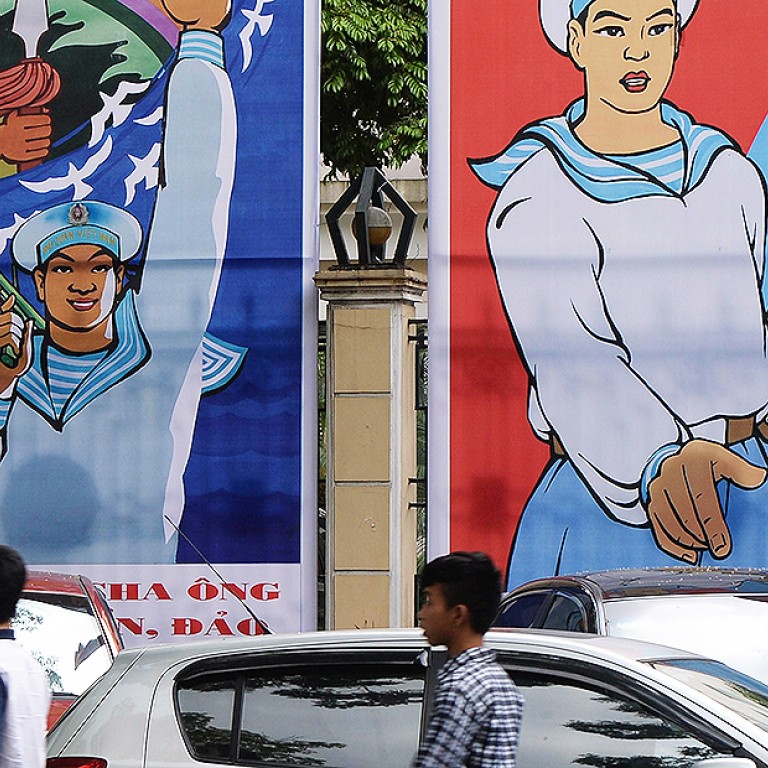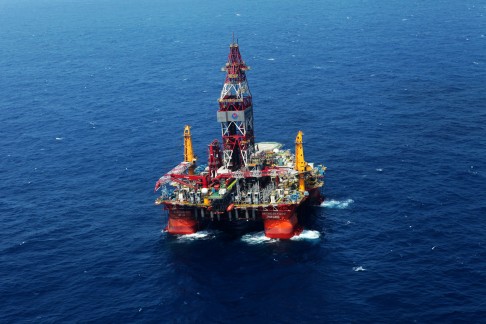
Update | Tensions between China and Vietnam escalate in row over boat sinking
Clash involving fishing boats in Paracel Islands leads to official protest from Hanoi, as Beijing says Vietnamese vessel breached security zone
Tensions between China and Vietnam continued to escalate yesterday as both nations traded accusations over the sinking of a Vietnamese vessel near a controversial oil rig in a disputed area of the South China Sea.
Vietnam's foreign ministry lodged a protest with the Chinese embassy in Hanoi, claiming a Chinese vessel rammed and sank a Vietnamese boat on Monday.
Watch: Chinese and Vietnamese vessels clash in disputed waters
But the Foreign Ministry in Beijing said the Vietnamese boat went into a restricted area near the oil rig in the Paracel Islands and rammed a Chinese vessel. The Vietnamese boat then sank.
The latest spat came after deadly anti-China protests swept across Vietnam, triggered by China's establishment of the oil rig earlier this month.
The heated exchanges indicated that the tensions would continue, though military conflict was unlikely, observers said.
"With nationalist sentiment running high, especially in Vietnam, it is expected that Hanoi will continue with actions that dismay Beijing," said Xu Liping , an expert on Southeast Asia with the Chinese Academy of Social Sciences.
Hanoi said the Vietnamese fishing boat with 10 people on board was rammed on Monday by one of 40 Chinese fishing boats that surrounded it. The crew members were rescued by nearby Vietnamese vessels. The incident occurred 17 nautical miles south of the oil rig.
But Beijing hit back, saying the fishing vessel breached the security zone around the oil rig.
Foreign Ministry spokesman Qin Gang said: "The direct reason for the incident is that Vietnam has from time to time ignored China's representations, warnings and advice, continuing to disturb the normal operations of Chinese vessels and making dangerous moves on the sea."

Tensions between China and its neighbours, particularly the Philippines, have increased in the South China Sea.
But ties between Beijing and Hanoi had been comparatively stable since October, when the two countries agreed to set up a working group to explore the disputed waters.
Li Mingjiang, an associate professor at S. Rajaratnam School of International Studies in Singapore, said the latest incident could help Hanoi gain international support as Beijing had refused to move the oil rig away.
"China will inevitably need to respond," he said. "And this will help Vietnam gain credit for its public relations in the international arena."
Kang Lin , a researcher at the National Institute for South China Sea Studies, said the incident could see the Southeast Asian nations becoming more united against China.
Click on the icons for more information
He noted that Hanoi said it was closely following an arbitration case brought by the Philippines in a separate maritime dispute with Beijing.
"China should have prepared for this trend," he said.
But Wu Shicun, the national institute president, said the latest spat would probably be settled through talks. "China does not want the tensions to escalate and it uses only civilian ships around the oil rig," he said.

